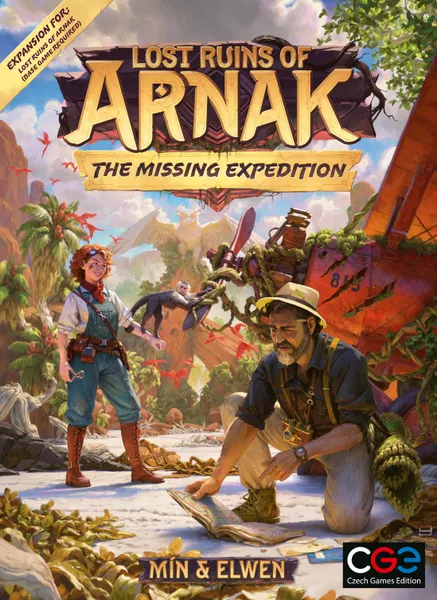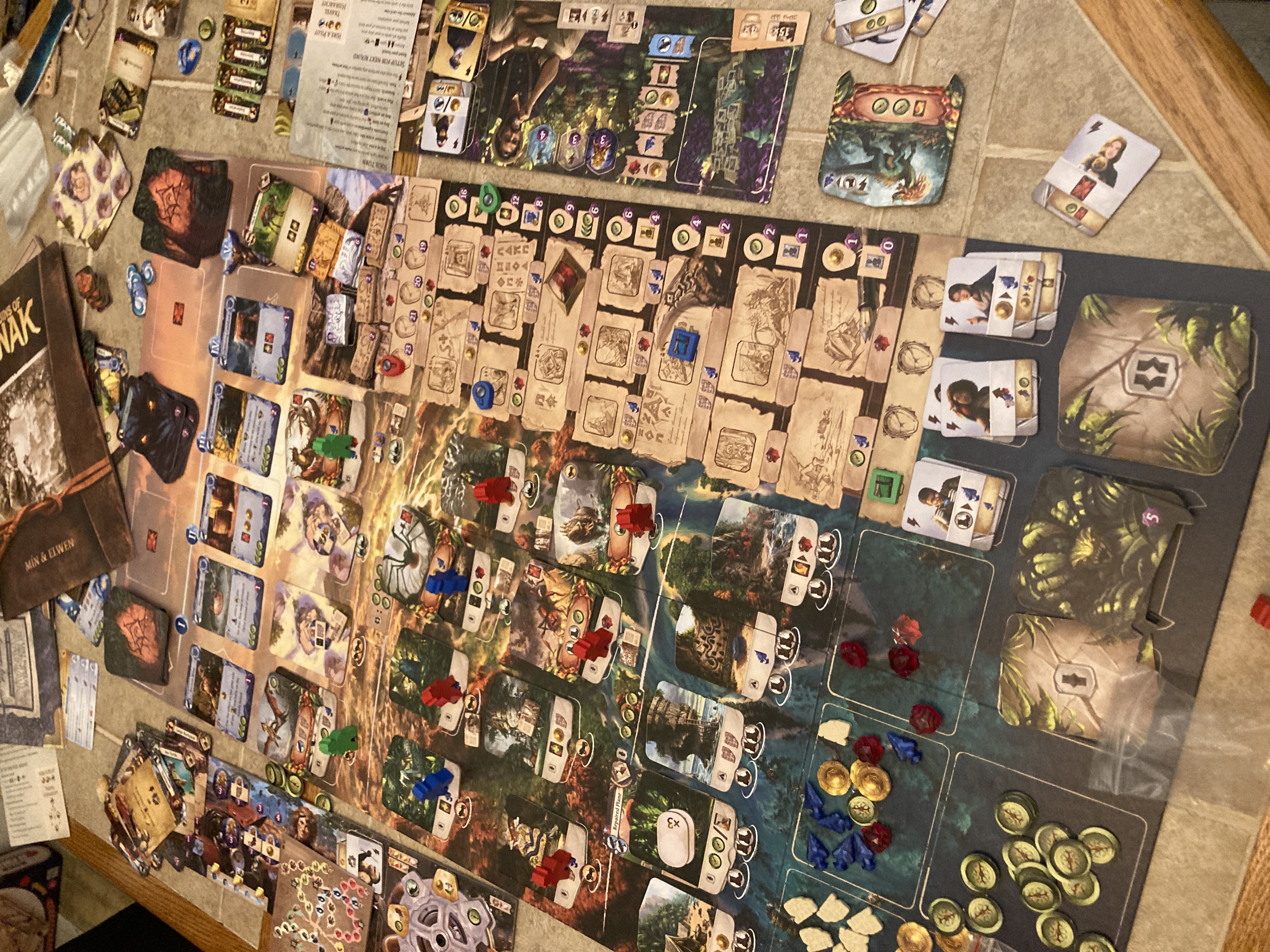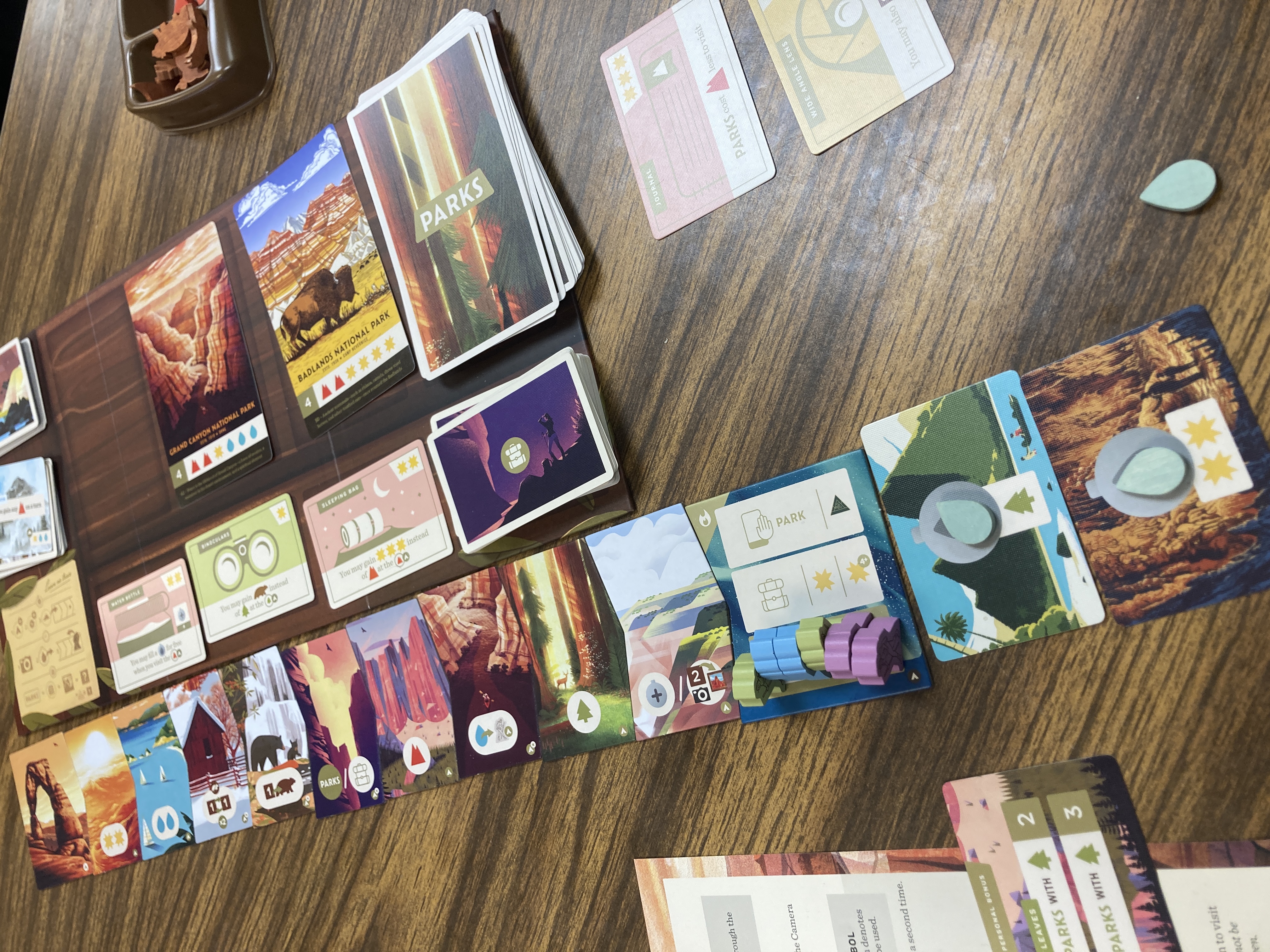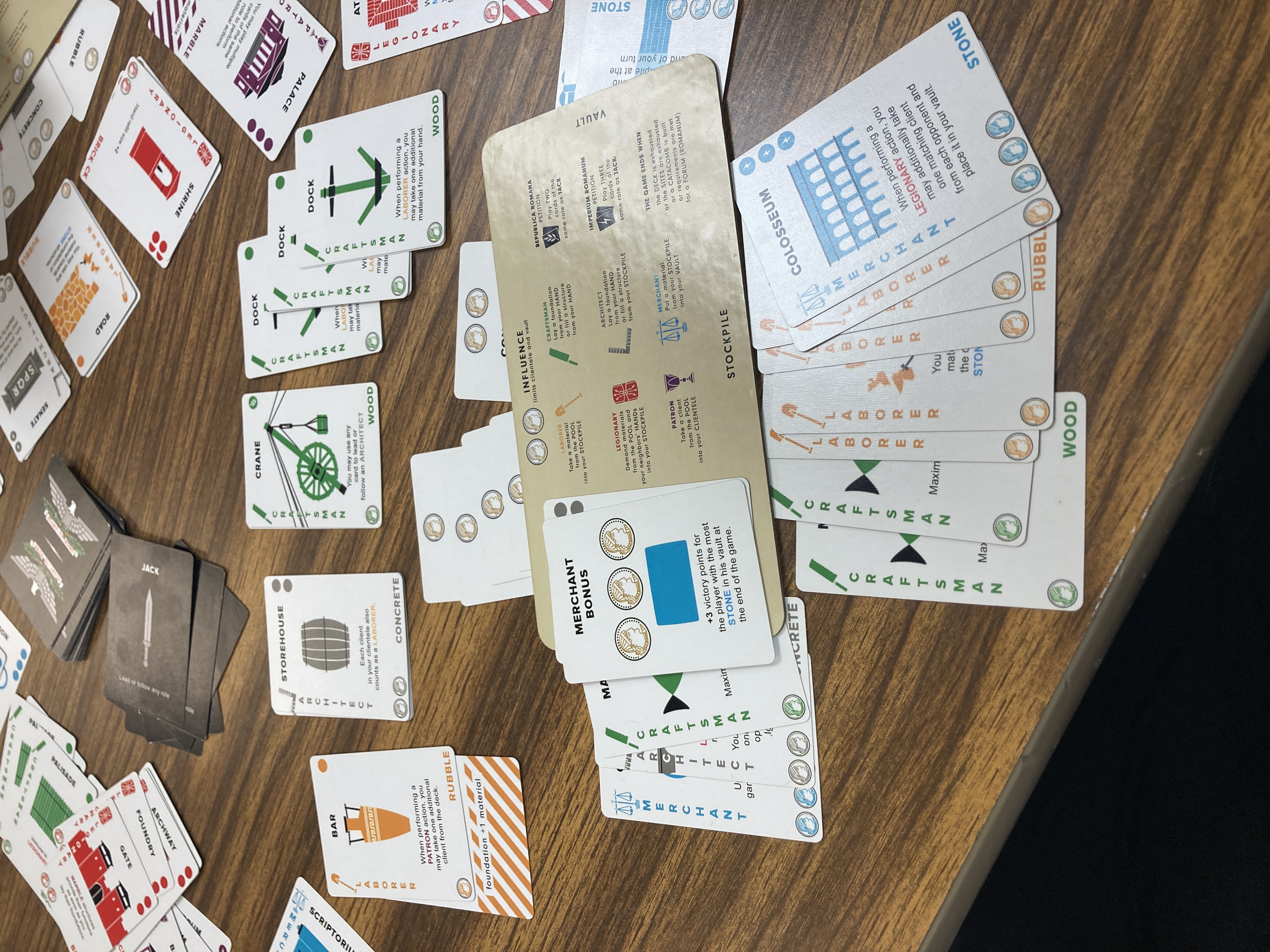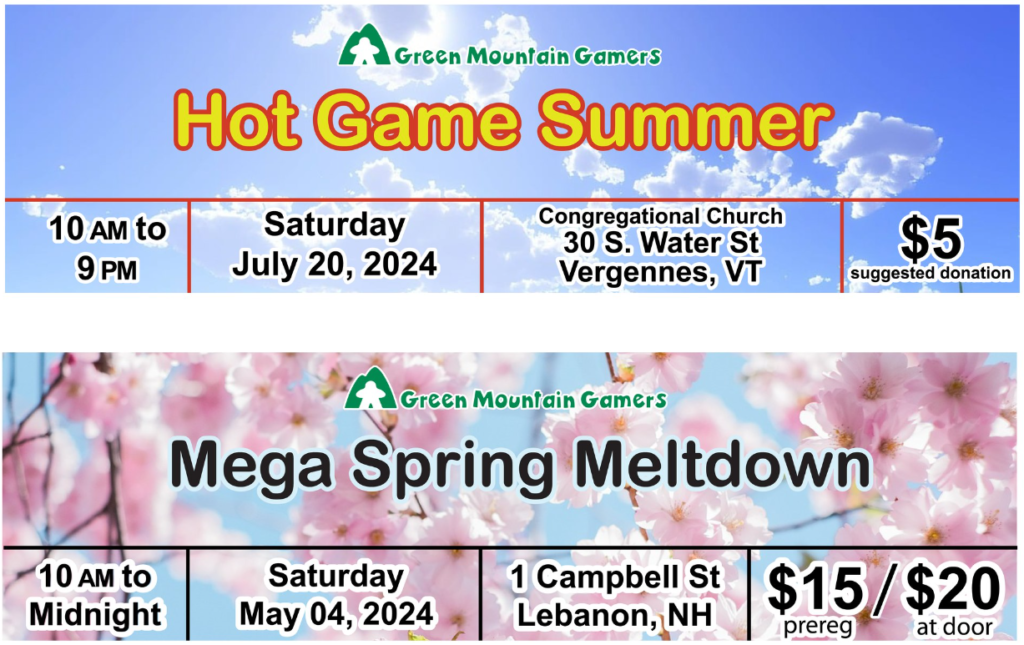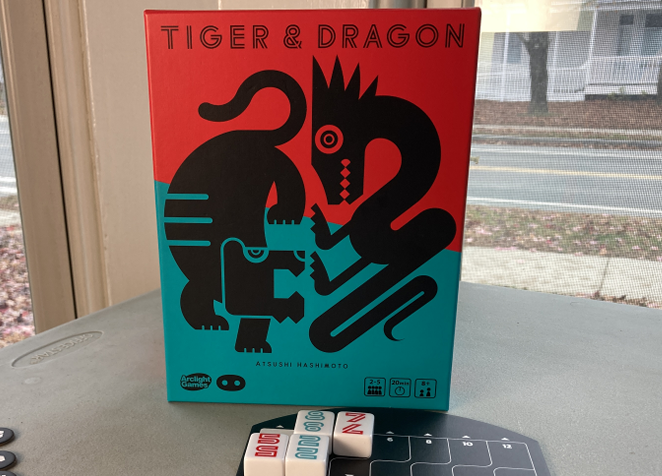Card games? Card games! One of the great things about PAX East is that there are an incredible variety of new card games and weird TCG’s to play. In this post, I’ll be quickly going over what I saw, and what I enjoyed, and also what I didn’t.
The Good
These are all the games I recommend at least trying if you get a chance. Am I going to collect them myself? Not necessarily, but I do enjoy playing them, and would play them again.
Here Be Monsters
Here There Be Monsters is a placement and ability-driven head-to-head battler with a sort of wacky pirate theme. It was in Unpub, and unfinished, but was fun enough for me to play 3 games of it—which is rare for something in Unpub. The core mechanics felt like they were almost where they needed to be, but the cards themselves did have some balance issues.
I’m hopeful that I’ll get to see more of this game, though I’m not sure when. There’s a lot of promise here, and the core mechanics are fun.
Altered
It feels like we’re in a bit of a TCG gold rush at the moment. Altered raised over $7 million kickstarter. I didn’t back it for various reasons, but mostly a distaste of said gold rush.
That said, I will absolutely not turn down a chance to try to play new card games, so I did play it. It’s neat, and doing some fairly different stuff. There’s no direct combat; instead it’s effectively a series of cost checks, where you and your opponent try to have the most of a given value present at one of two locations. While what I played didn’t sell me on buying a case, it did convince me that it might not just be an attempt to cash in.
Star Wars: Unlimited
I actually rather like Star Wars: Unlimited. It’s just unfortunate that I’m not a Star Wars person; I actually find the Star Wars theming a bit of a turn off. But I’ve found the gameplay of all the demos I’ve played quite enjoyable. They’ve got a nice tension to them, and that’s enough to put it into the good category.
PAX is also a great opportunity to grab all the promos.
The Bad
Despite the title of this section, these aren’t necessarily bad games. They are, however, (based on what I played) games I will never demo or touch again unless I am paid cash to do so.
Flesh and Blood
I’d heard a lot of good things about Flesh and Blood over the years, and it’s one of the mid-level TCG’s that seems to have clawed itself a spot at various local game stores. So I’ve been curious about it for a while, and at one point even thought about picking up a starter set.
Holy crap, am I glad I didn’t. I hate this game. I pretty much just quit halfway through, and didn’t even grab the simple starter deck.
The short version is that I just found Flesh and Blood both boring and frustrating, and it felt more akin to playing a fighting game than a card game.
UniVersus
The best thing I can say about playing UniVersus is: UniVersus made it clear that I just don’t like the alternating turns of attack and defense pattern that both it and Flesh and Blood seem to be using.
It just never clicked, and I never had fun. I’m sure I’ll get plastered for this, but both of these demos felt random. They felt like I was missing much of the critical information I needed to make meaningful strategic choices. And the remaining choices—the tactical ones—were boring to me.
The Ugly
Welcome to the bad vibes section. It’s not even the mechanics for this one.
Gem Blenders
I wrote a bit about Gem Blenders a while back, and I was pleased to see they were still around, and had a booth. But I was somewhat dismayed to learn that with their switch to a full TCG model, they also switched their card backs. Meaning that if you purchased their earlier base set, the game is no longer compatible.
It just doesn’t feel great, y’know? Anyway, that lands them in ugly.
Final Fantasy TCG
Not good, not bad, just sorta there. Maybe this would have landed better another year, but I just didn’t get anything out of this one. Honestly, I felt a bit bad for the enforcer and 3 other folks total I saw playing the game over the con. It follows a weird version of MTG’s resource system that I found both very slow, and not too fun.

